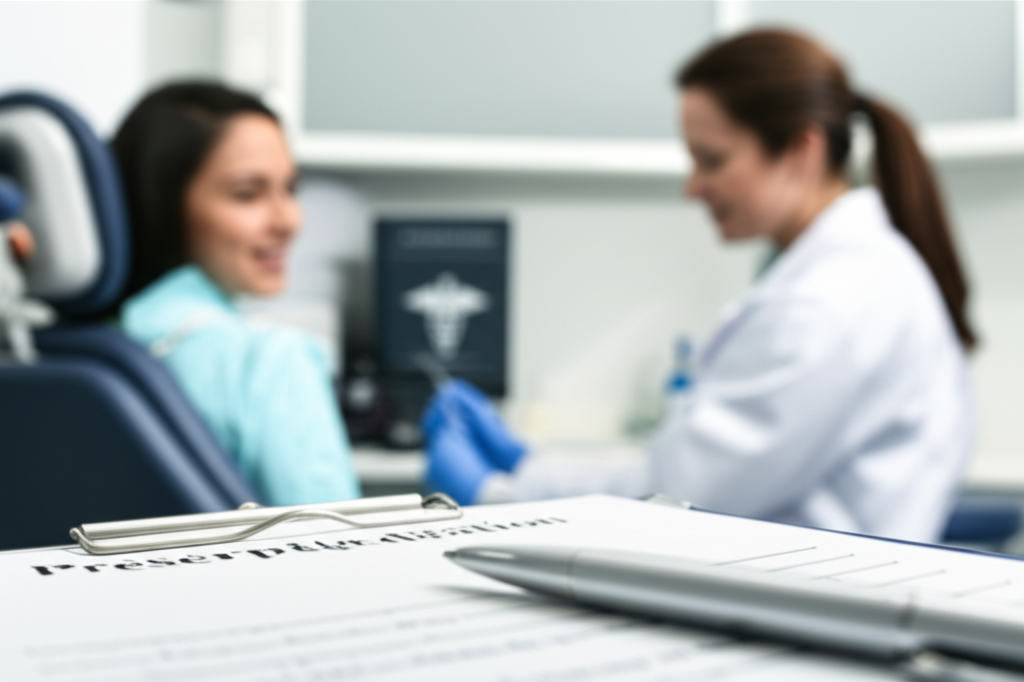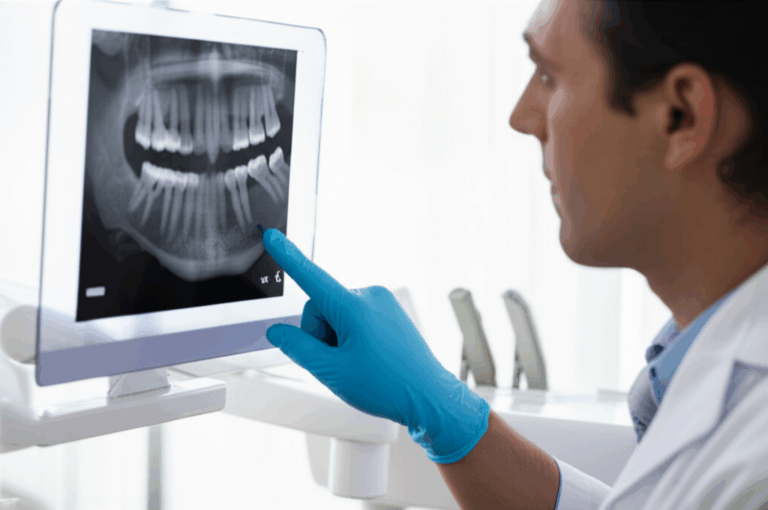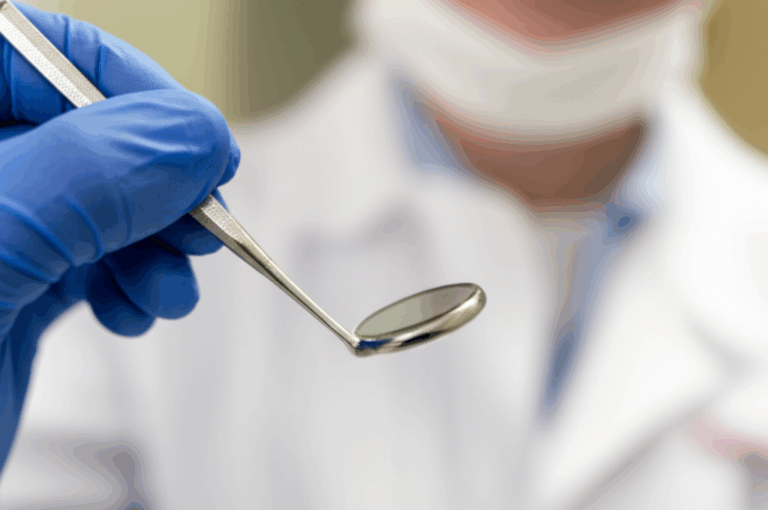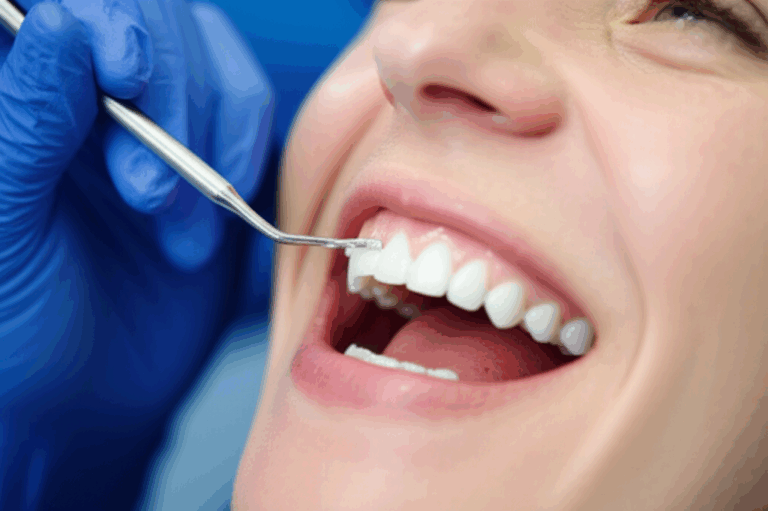
Can Dentists Prescribe Medication? My Guide to Understanding Dental Prescriptions
Table of Contents
2.1 Pain Management: From Simple to Severe
2.2 Antibiotics for Dental Infections
2.3 Anxiety, Inflammation, and Other Dental Medications
3.1 Treating Dental Infections
3.2 Managing Pain After Dental Procedures
3.3 Preventing Problems: Prophylactic Antibiotics
3.4 Helping Patients with Dental Anxiety
3.5 Other Special Scenarios
4.1 What Dentists Can and Can’t Prescribe
4.2 How Dentists Are Regulated
6.1 What Good Dentists Check Before Writing a Prescription
6.2 Drug Interactions and Allergies
6.3 Educating Patients for Proper Medication Use
6.4 Reducing Risks: Limiting Opioid Use
1. Introduction: My Perspective on Dentists and Prescribing Medication
Let’s get right to the point: Yes, dentists can give prescriptions. I found this out myself both as a dental patient and by working with dental workers. Many people don’t realize that dentists are not only the folks who drill, fill, and clean teeth. They are trained doctors—doctors of dental surgery (DDS) or dental medicine (DMD). That means they’re allowed to write prescriptions for different mouth problems.
Why is this important? Well, not understanding a dentist’s job can confuse people or even make them miss needed care. I remember a friend who suffered through a tooth infection because he thought only his family doctor could give antibiotics. That’s not true. By the end of this guide, I want you to feel ready to work with your dentist to get care and better understand what they can and can’t prescribe.
2. What Kind of Medications Can Dentists Prescribe?
2.1 Pain Management: From Simple to Severe
After having my wisdom teeth out, I turned to my dentist for advice and pain help. Dentists often give medicine to help with pain, from mild to really tough pain after big dental work. Here’s what usually happens:
- Non-Opioid Painkillers: Dentists usually suggest non-steroidal anti-inflammatory drugs (NSAIDs) like ibuprofen and naproxen. These are tried first for most dental pain. I’ve always liked when my dentist chose these over stronger stuff when he could.
- Opioid Painkillers: For very strong pain, like after tricky oral surgery, dentists sometimes give out opioids like hydrocodone or oxycodone. But, these days, they try not to unless really necessary for safety. I’ve noticed they give small amounts, if at all.
2.2 Antibiotics for Dental Infections
One of the most common reasons I’ve seen dentists give medicine is for tooth infections. For example, I once got an abscess, and my dentist gave me amoxicillin. Some usual antibiotics given by dentists are:
- Amoxicillin, Clindamycin, or Metronidazole: These fight infections like abscesses, jaw infections, or gum disease.
- Preventive Antibiotics: In some cases, patients with certain health problems need antibiotics before dental work (like after joint surgery or if your immune system is weak) to stop infections.
2.3 Anxiety, Inflammation, and Other Dental Medications
I’ll admit—I used to get nervous heading to my dentist. Thankfully, dentists can give medicine to help with nerves. They also use other prescriptions for different mouth problems:
- Anti-Anxiety Meds: Dentists sometimes give meds like diazepam or triazolam to help nervous patients before a dental visit.
- Anti-Inflammatory Meds (Steroids): If you have big swelling or an allergic reaction, dentists might give you something like prednisone.
- Antifungals and Antivirals: For things like mouth fungus or cold sores, you might get nystatin, acyclovir, or something similar.
- Dental-Only Medications: Dentists also write prescriptions for certain mouthwashes (like chlorhexidine if you have gum problems), special gels, strong fluoride products, or even muscle relaxers for jaw pain (like TMJ problems).
In all these cases, I see that dentists stick to drugs having to do with teeth, jaws, and the mouth.
3. Common Reasons Why I Saw Dentists Prescribe Medication
From working with dental teams—and being a patient myself—I’ve learned that dentists don’t just hand out prescriptions for no reason. Here are some main times dentists write them.
3.1 Treating Dental Infections
Tooth infections can get bad in a hurry. Swelling, bad pain, or high temperature—these problems send people to dentists, not their main doctor. Dentists figure out where the infection comes from (like an abscess or gum issue) and prescribe the right antibiotic. I saw once how one patient caught a really bad swelling and infection, got antibiotics quickly, and had surgery later—and avoided a hospital stay.
3.2 Managing Pain After Dental Procedures
Pulling teeth, root canals, and oral surgeries all hurt after. Pain might be easy or very hard. Dentists usually tell you to try NSAIDs first. Only rarely do they give something stronger. After my wisdom teeth came out, I really liked that my dentist gave advice for using ibuprofen first—and only a tiny bit of stronger stuff, just to be safe.
3.3 Preventing Problems: Prophylactic Antibiotics
Some people, because of their health, can get infections more easily after dental work. People with heart issues or who have had new joints might need an antibiotic before a regular cleaning or extraction. I have a family member who takes a one-time dose before every cleaning, all checked by their dentist.
3.4 Helping Patients with Dental Anxiety
Being scared of the dentist isn’t silly; it stops people from going. In my experience, dentists can give a quick, short prescription for anxiety before a visit if other ways don’t calm you down. Someone I know only got necessary work done because she took one pill to help her stay cool during her visit.
3.5 Other Special Scenarios
Sometimes, dentists give out medicine for mouth sores, a painful dry socket after pulling a tooth, big swelling, or locked-up jaw muscles. These are all things dentists can handle.
4. Understanding the Laws: What Limits a Dentist’s Prescribing Power?
Knowing the legal side of dental prescriptions helped me know what I could and couldn’t expect from a dentist.
4.1 What Dentists Can and Can’t Prescribe
Dentists are allowed to prescribe drugs that have to do with teeth and mouth areas. That’s the main rule. Anything else—like meds for blood pressure, diabetes, or depression—dentists are not allowed to prescribe. If you need those, your regular doctor is the person to see.
Some drugs, especially the ones the government controls (like opioids or certain anxiety meds), mean dentists have to register with the DEA (Drug Enforcement Administration) and follow big rules. I think this is a good thing, since it keeps things safer for patients.
4.2 How Dentists Are Regulated
Dentists have to have an up-to-date license with the state dental board. They follow clear rules, including limits about certain drugs and checking state prescription drug monitoring programs (PDMPs) before giving out things like pain meds. If a dentist breaks these rules, he or she can get in trouble, lose money, or even lose their license. That gives them a good reason to stay careful.
This kind of checking also matters with the labs dentists use. For example, a china dental lab that works with a dental office has to follow strict safety standards too.
And something else I learned: Pharmacy workers are trained to check dental prescriptions and it’s legal for them to fill one that comes with a real dental license and a DEA number.
5. Dentists vs. Medical Doctors: Who Prescribes What?
Things can be confusing. Why can a dentist give some of the same meds as a doctor? From my own questions and as a patient, here’s what I learned:
Both dentists and doctors can give antibiotics and some pain meds—but they give them for different reasons. The dentist is your mouth expert, so anything they prescribe should be about a tooth or jaw problem. Sometimes, the meds are similar for infections or after surgery, since the pain is the same.
General health problems—like a bad cold or high blood pressure—are for your regular doctor, not the dentist. But for mouth pain or swelling? That’s when you call the dentist.
I’ve seen how important it is for everyone to work together. If you take lots of meds or are seeing a doctor for something hard, your dentist will often check with your doctor. This makes care safer for you.
6. Safety First: How Dentists Keep Patients Safe with Prescriptions
All of the good dentists I know care about safety. That means checking a lot before writing a prescription.
6.1 What Good Dentists Check Before Writing a Prescription
Before writing anything, dentists ask about your health history. I’ve filled out lots of forms myself, listing the drugs I take, allergies, and anything that’s happened before. This helps dentists make smart, safe decisions about what to give you.
6.2 Drug Interactions and Allergies
Sometimes, I’ve seen a dentist stop and ask questions when a patient says they have allergies or takes new drugs. Antibiotics, for example, can mix with other meds like blood thinners. It’s really important to tell your dentist the truth—they are part of your health team.
According to Dr. Joe Dental, who looked over this info, allergic problems (even bad ones) are rare but dentists still always watch for them. Dentists are trained to spot trouble in your history.
6.3 Educating Patients for Proper Medication Use
I won’t forget a time when my dentist gave me a prescription and then explained, step-by-step, how to use it—not just the amount, but how to avoid problems, when to call if things go wrong, and when to stop. Getting instructions is a big part of using medicine the right way.
Studies show that teaching patients well makes them less likely to use meds the wrong way. It also stops people from using antibiotics for no reason, which helps keep antibiotic resistance down—a big problem for public health.
6.4 Reducing Risks: Limiting Opioid Use
There’s been a big change for dentists about opioids. It used to be normal to get a strong painkiller after most procedures. Today, dentists choose regular painkillers whenever they can, make opioid prescriptions smaller, and track all these in state databases.
Quick fact: Since 2010, dental opioid prescriptions for teens have dropped by more than half, and adult dental opioid use has gone down a lot too. That’s something I’m happy about.
If you’re worried about pain, talk straight with your dentist. They have lots of choices—and they want to keep you safe.
7. Questions I Hear All the Time (FAQs)
Can my dentist refill my prescription?
Usually, yes, as long as the drug is for a mouth problem and you’re still their patient. I’ve called my dentist before for another round of antibiotics if my symptoms hadn’t gone away.
Will a pharmacist accept a dentist’s prescription?
For sure—if the prescription is for a mouth problem, the dentist is real, and everything checks out.
Do dentists have a DEA number?
If they give out controlled drugs, yes. It’s the law. Next time you see your prescription, check for the DEA number by the dentist’s name.
Can dentists give me drugs for non-mouth pain like headaches or back pain?
Nope. That’s not allowed. For anything not in your mouth or jaw, go to your normal doctor.
What if I’m allergic to a usual dental antibiotic?
Tell your dentist right away. Most of the time, there are other choices. I’ve seen dentists double-check allergy notes before writing anything—they always have backup drugs.
8. Final Thoughts: Trusting Your Dentist’s Judgment
So, can dentists prescribe medication? Yes—dentists are real healthcare workers with special training in taking care of your mouth and in picking the right medicine for dental needs. In my experience, the best dentists take this job seriously, look out for your safety, comfort, and always explain things as you go.
If you ever wonder or worry, just ask. Working together with your dentist is the best way for your treatment to go right—whether you’re getting a root canal, a regular cleaning, or have a surprise tooth ache.
And if your dental work needs special lab-made crowns, I’ve seen how picking a trusted crown and bridge lab or a good digital dental lab helps make your care even better and safer.
In short, your dentist is here not only to fix your teeth but to care for your whole mouth—using all the tools, prescriptions, and good thinking that today’s dental practices and rules allow.








